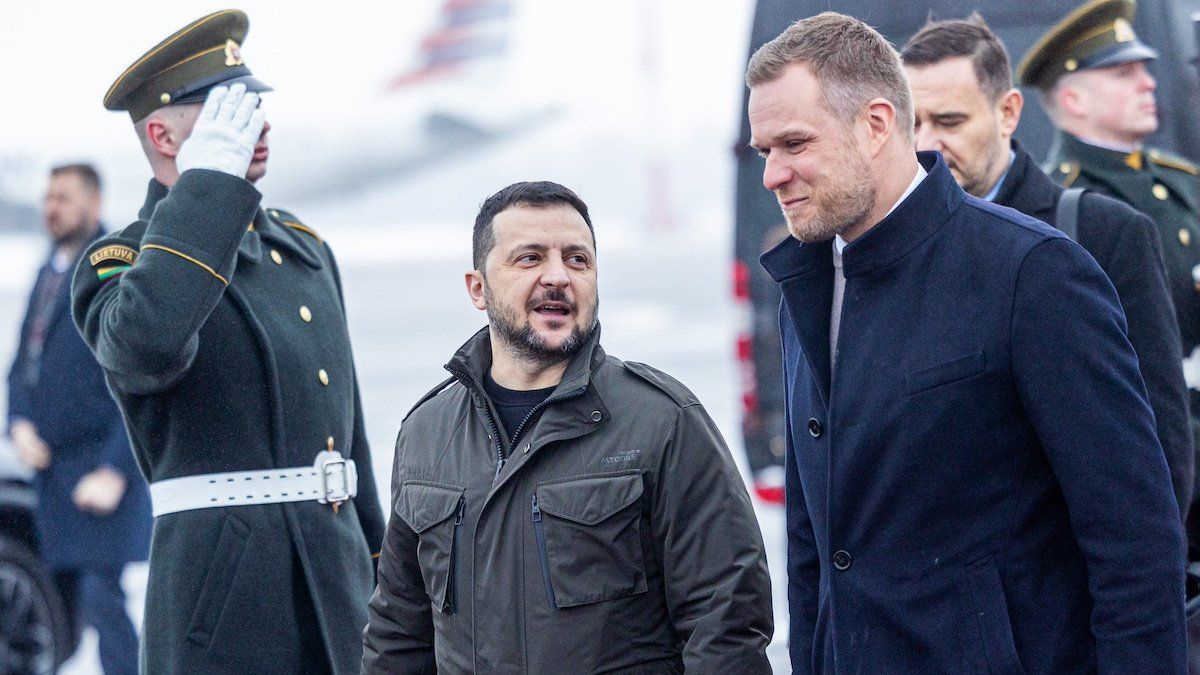NATO and Ukrainewill hold emergency talks on Tuesday after Russia attacked a military facility near the Ukrainian city of Dnipro with a hypersonic missile last Thursday. The attack came in retaliation forUkraine striking Russia earlier in the week with US-made ATACMS, after US President Joe Biden greenlit the use of the weapons.
Upping the ante. Russian President Vladimir Putin claims Moscow’snewly developed “Oreshnik” missile is “unstoppable” by western defense systems, travels at 10 times the speed of sound, and that even with conventional warheads, “the massive use of the weapon would be comparable in effect to the use of nuclear weapons.” Ukrainian President Volodymyr Zelensky described the use of the Oreshnikas a “clear and severe escalation” in the nearly three-year-old war.
But it also represents a new threat to continental Europe. Poland’s Prime Minister
Donald Tusk expressed concern. “The war in the east is entering a decisive phase, we feel that the unknown is approaching,” he said, while
Hungary’s Prime Minister Viktor Orbán —
a long-standing pal to Putin — said Russia’s threat of additional strikes should be taken seriously and warned “there will be consequences.” We’ll be watching how NATO leaders balance bolstering Ukraine’s defenses with increasing its offensive capability, given how Putin reacted to long-range strikes.
